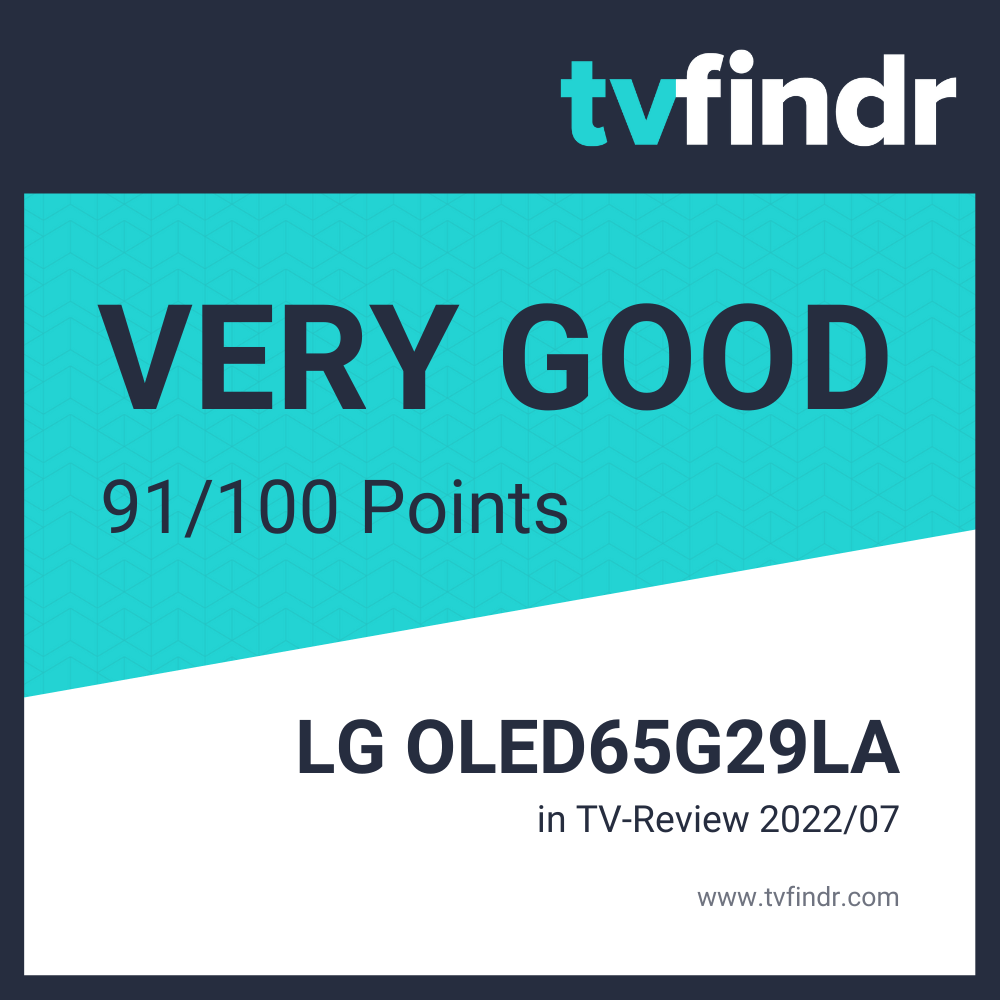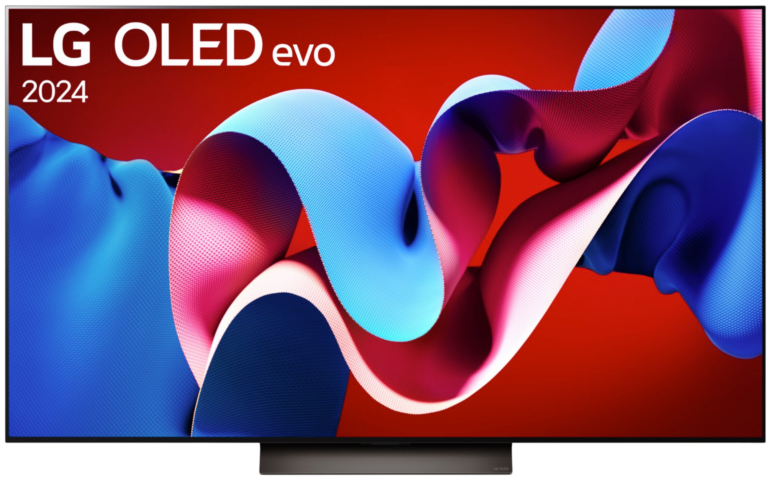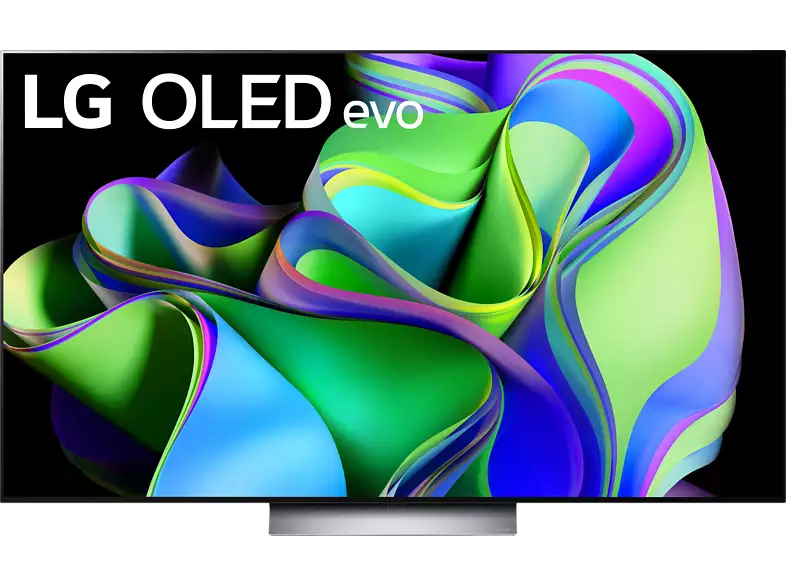LG OLED vs Samsung QD-OLED TV comparison 2022/12


Hey! If you buy through our links, you support our project. It won't cost you a cent more! Many thanks in advance! ♥️
LG OLED and Samsung QD-OLED compared – Which TV is better?
Detailed comparison: LG OLED or Samsung QD-OLED
Can OLED work without reflections?
Typically, panels with self-luminous pixels are quite susceptible in terms of reflections. The issue is not much different in our comparison between an LG OLED vs Samsung QD-OLED. The G2 still has a susceptibility in this area – despite its extremely remarkable peak brightness – but stands up well overall in this exercise. The S95B offers slightly less reflections on its panel at the expense of a slightly worse black value in room light.

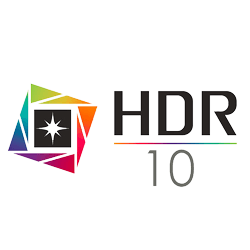


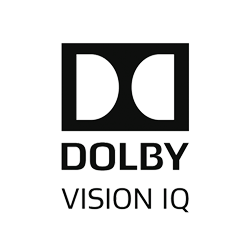



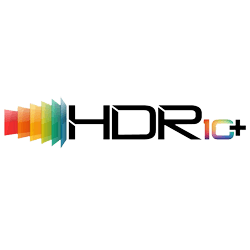
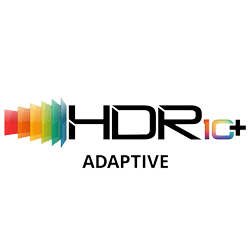
Wide angle guaranteed
Unsurprisingly, both TVs bring the performance of OLED panels to the table in this area and offer you a wide viewing angle. Watching TV in large groups is anything but a hurdle under these conditions. Apart from that, both models in our comparison between LG OLED vs Samsung QD-OLED technologies once again raise the bar significantly in terms of peak brightness, making them among the brightest OLED TVs on the market.
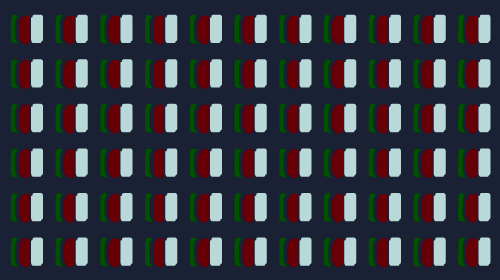





More than enough brightness
Of course, both TVs in our direct comparison of the technological approach of LG OLED vs Samsung QD-OLED have enough brightness to display content visibly well in SDRStandard Dynamic Range – image/video with a conventional gamma curve (opposite: HDR) – “normal” videos and reduce reflections to a minimum in bright scenes. At the same time, the power consumption of the LG OLED evo G2 is lower. The Samsung S95B is ahead in terms of color space and can score points in this area.


A level of top performance
The HDRHigh Dynamic Range – image/video with more dynamic range (contrast range) performance of both the G2 and the S95B is at an absolute top level and is one of the best that the market can conjure up on the home screen. Even without the heatsink, the QD-OLED manages an extremely bright picture. This is due to a slightly different panel design. Among other things, the white subpixel is missing. The bottom line is that the pixels in the Samsung benefit from this and let more light onto the panel.
Due to the aggressive Automatic Brightness Limiters, the theoretically brighter Samsung loses a bit of HDR performance here and also – as usual – does without Dolby VisionDynamic HDR-format with a color depth of up to 12 Bits and Mastering of up to 10,000 Nits support. An additional brightness reduction was applied to the model via a firmware update. At this point, durability takes precedence over performance.










Cinema experience at home
With the help of OLED panels, both TVs bring an excellent picture into your four walls. You hardly have to accept any limitations in this respect. Even though the S95 shows slight weaknesses in terms of black level in room brightness, the model avoids reflections a bit better and is thus a bit more suitable for enjoying your favorite series or the latest blockbuster even in normal lighting conditions.


It doesn't get any better than this!
When it comes to gaming in our duel between LG OLED vs Samsung QD-OLED screens, the manufacturers of the two top models really go all out. Accordingly, a comprehensive equipment package with numerous features awaits you. The all-around carefree package is underlined by an outstandingly short input delay and a fast response time on both sides. VRRVariable Refresh Rate – synchronizes the display’s refresh rate with the output refresh rate of the graphics card via AMD FreeSyncVariable Refresh Rate with AMD graphics cards or consoles and Nvidia G-SyncVariable Refresh Rate for Nvidia graphics cards provide the necessary frame rate synchronization.






Also cut a good figure in the sports program
Whether you follow the upcoming sports event on the S95B or rather the G2 hardly matters. Both TVs in our LG OLED vs Samsung QD-OLED technology comparison perform excellently in this area as well and offer a convincing display of larger color areas thanks to 120 frames per second. The panel’s fast response further enhances the experience and ensures the necessary perspective even in fast motion sequences.
Extensive additional equipment
After LG adjusted the version number of its operating system to the current year, you are now dealing with webOS 22 in LG’s OLED G2. You can easily navigate through the menus via the familiar Magic Remote or send your commands to the ThinQ AI via the new Hands Free Voice Control without additional peripherals.
The Samsung S95B uses the in-house Tizen operating system in version 7.0 for navigation. Unfortunately, this year’s version is a bit overloaded and not customizable. You can look forward to a large app selection on both TVs, and you also get additional features like Timeshift and Apple Airplay.
However, you will have to do without the Homekit function on the Samsung. This is reserved for LG’s G2. Both models feature a multi-channel system with Dolby AtmosObject-based surround sound format with 3D-Sound from any direction.


integriert

integriert


integriert

integriert
Our conclusion:Additional cooling vs. Mini OLEDs
Despite additional cooling in the form of a heatsink, the G2 does not manage to reach the peak brightness of the QD-OLED in our comparison of LG OLED G2 vs Samsung S95B QD-OLED, at least nominally.
However, the supposedly better luminance of the S95B is slowed down a bit by the somewhat more aggressive Automatic Brightness Limiter and thus brings LG’s OLED model back into the game. This makes for a close rating race, in which both TVs hardly give each other anything.
Overall, both models are on a real top level and clearly belong to the best TVs ever. The QD-OLED is a step ahead due to the slightly better brightness values paired with the more reflection-resistant panel of the S95B.
